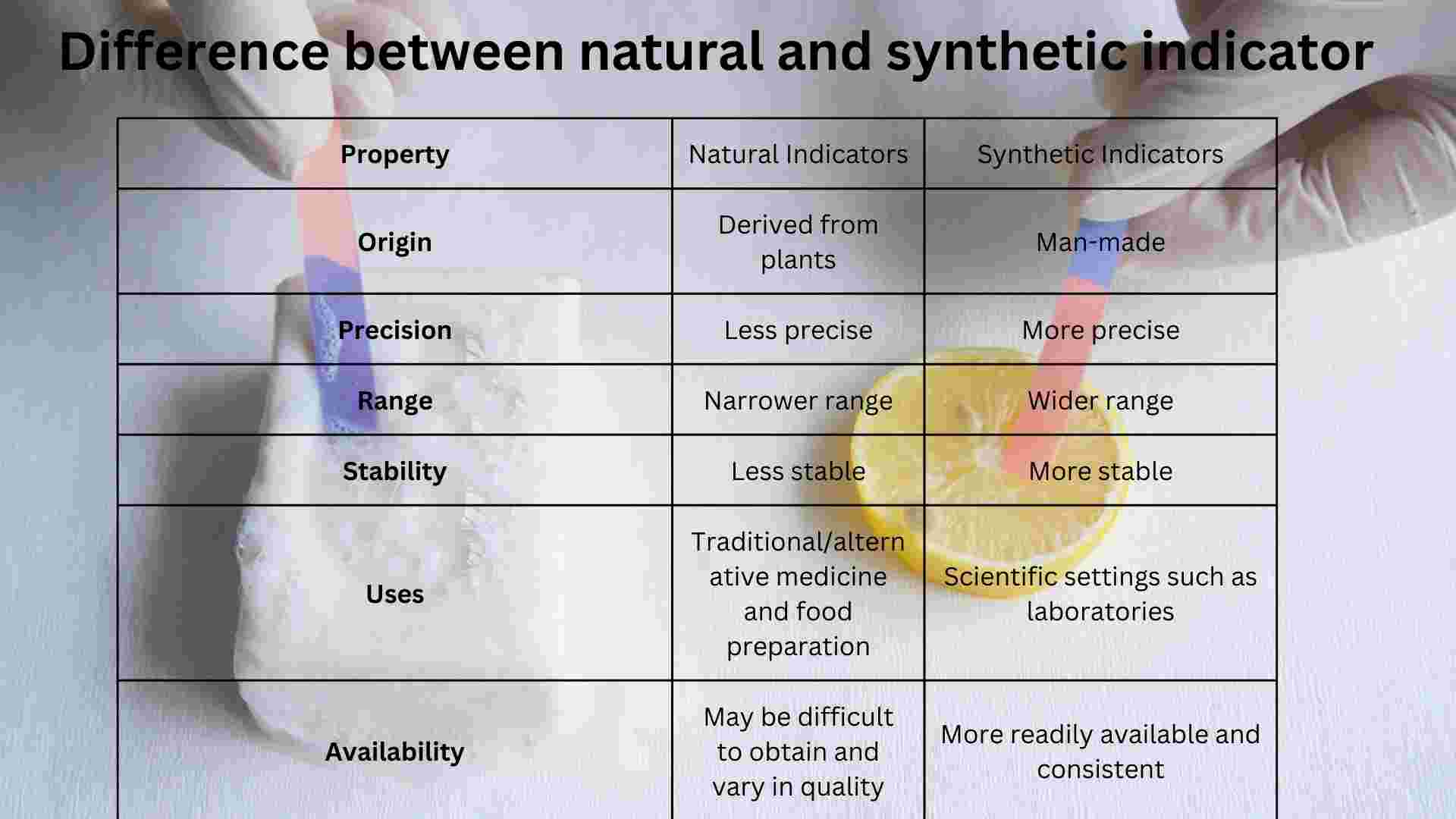Difference between Herbicides and Pesticides
Herbicides and pesticides are both types of chemicals used in agriculture and pest management, but they serve different purposes and target different types of organisms. Here are the key differences between herbicides and pesticides: 1: Target Organisms Herbicides are chemicals designed to control or kill unwanted plants, commonly referred to as weeds. They are used … Read more
